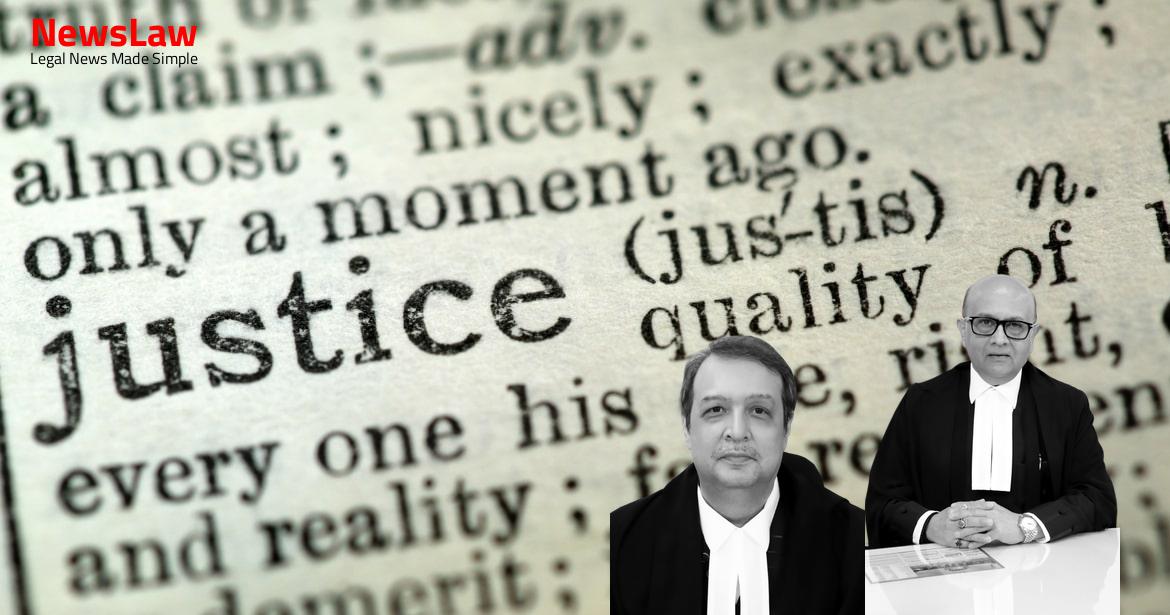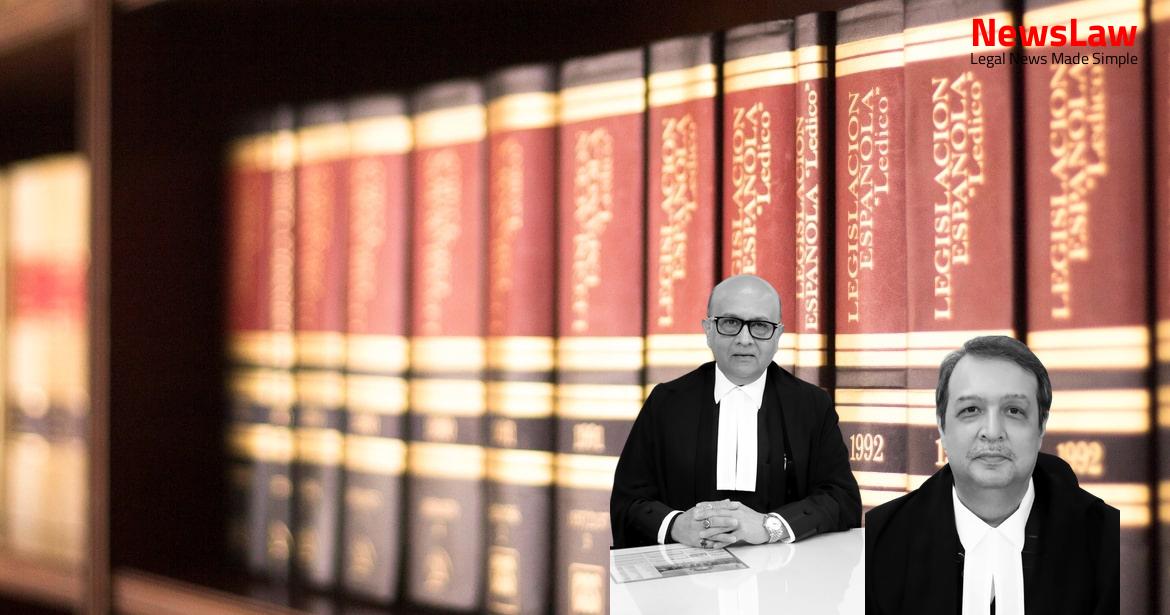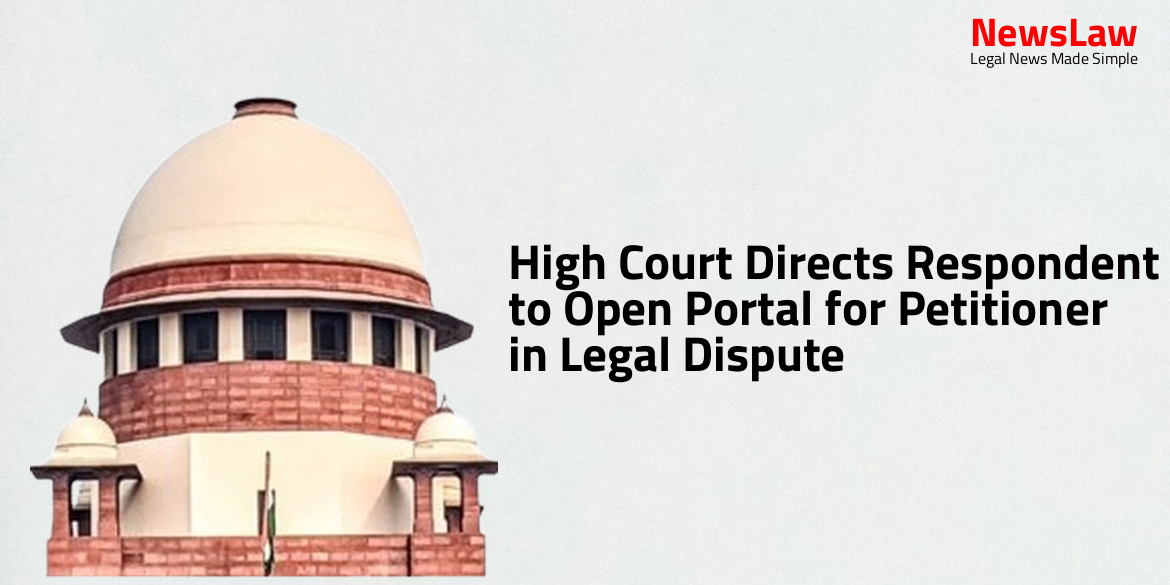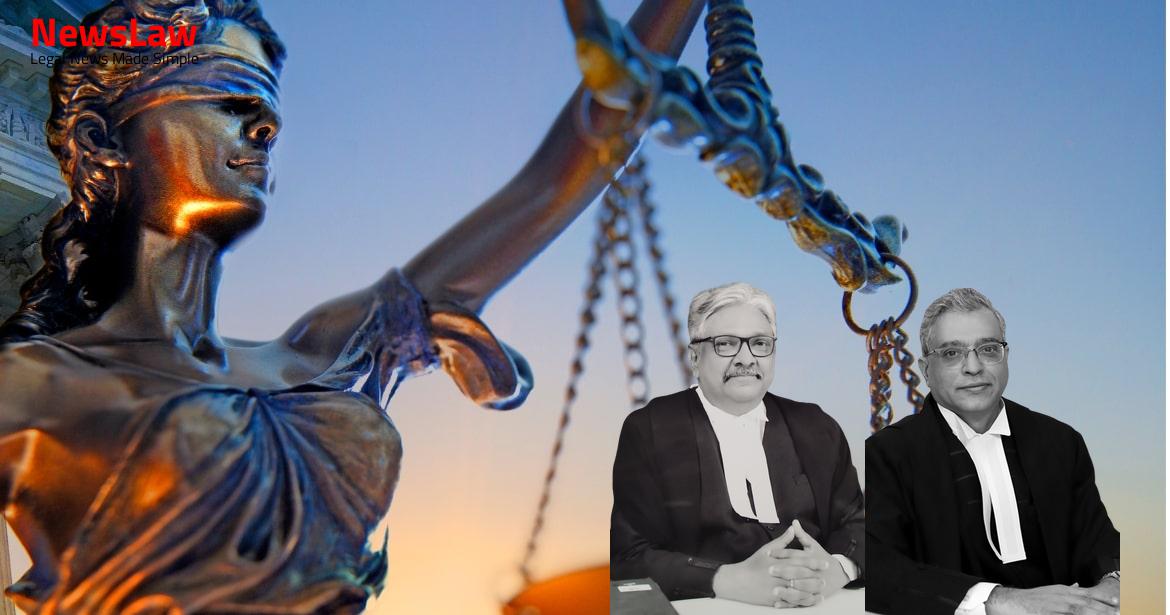A significant legal battle unfolded between Sony Pictures and a Disability Rights Advocate, culminating in a judgement by the Supreme Court of India. The case delved into the implications of the Rights of Persons with Disabilities Act 2016 on the certification of films under the Cinematograph Act. Explore the complex intersection of film portrayal, disability rights, and certification processes in this landmark case.
Facts
- The appellant, who is a founder of an organisation promoting awareness about disabilities, addressed a legal notice to Sony Pictures regarding objections to their film ‘Aankh Micholi’.
- The appellant claims the film violates the rights of persons with disabilities protected by the Constitution and related Acts.
- The appellant also alleges that the Central Board of Film Certification failed in its duty to certify films according to guidelines.
- Specific directions sought by the appellant include mandating the inclusion of a disability expert in the Central Board of Film Certification and seeking relief against Sony Pictures.
- The film ‘Aankh Micholi’ was released with a ‘U’ certification despite the appellant’s objections.
- Original Name refuted the allegations in the notice
- Original Name contested any suggestion of intent to offend/humiliate differently-abled persons
- Film granted certification by CBFC for public exhibition
- Reliefs sought by the appellant were non-maintainable
- Primary challenge of film being offensive to persons with disabilities not established
- Explanation by Original Name that film focused on overcoming disabilities and character strengths not disputed by appellant
Also Read: NEET (UG) 2024 Examination Integrity Case: Supreme Court Verdict
Arguments
- The appellant highlighted instances in the trailer and film where medical conditions were misrepresented and derogatory terms were used for characters with disabilities.
- The film portrays a family with disabilities attempting to conceal their impairments to appear ‘normal.’
- Misrepresentations include night blindness and derogatory references such as ‘bhulakkad baap’ for Alzheimer’s patients and ‘soundproof system’ for hearing-impaired individuals.
- The film’s portrayal was argued to reinforce stereotypes, promote inequality, subject individuals with disabilities to comic relief, and create misconceptions, biases, and prejudices.
- The appellant has alleged that the Board violated its duties under the statute for film certification
- Mr Sanjoy Ghose and Mr Jai Anant Dehadrai appeared for the appellant
- Mr Parag Tripathi appeared for Sony Pictures
- Mr Tushar Mehta, Solicitor General of India, appeared to assist the Court on request
- The issues for consideration include the impact of RPwD Act 2016 on film certification under Cinematograph Act
Also Read: Mineral Royalties: A Constitutional Conundrum
Analysis
- The guidelines under the Act are extensive and cover various fields related to disability portrayal in media.
- The United Nations developed guidelines for including and portraying disabled people in the media called ‘Improving Communications about People with Disabilities’.
- The guidelines aim to improve public perception of persons with disabilities by addressing inclusion, portrayal, depiction issues, language use, and participation in media production.
- The guidelines, though effective, are outdated in some aspects and need to consider the social context of disability representation.
- The representation of persons with disabilities should be sensitive and accurate, avoiding terms that individualize impairments or overlook social barriers.
- The certification of films involves considerations of the overall message rather than standalone scenes, to avoid perpetuating discriminatory attitudes.
- The rights of persons with disabilities are fundamental under the Constitution, emphasizing dignity, autonomy, and equality.
- The RPwD Act shifted from a charity lens to a human rights perspective, recognizing the positive obligations of the state towards persons with disabilities.
- Humour can be a way for persons with disabilities to push back against ableist narratives in society.
- The CRPD aims to ensure the full and equal enjoyment of human rights by persons with disabilities, emphasizing respect for their inherent dignity.
- Courts must balance the freedom of speech and expression with the rights of persons with disabilities when addressing sensitive subjects in visual media.
- The RPwD Act emphasizes principles of dignity, autonomy, non-discrimination, and effective participation for persons with disabilities.
- Awareness-raising programs are crucial, per the CRPD Committee, to combat stereotypes and prejudices against persons with disabilities.
- The RPwD Act mandates the government to ensure the rights of persons with disabilities to equality, dignity, and respect, as per Section 3(1).
- The Act prohibits discrimination in various spheres, including employment, education, access to public places, and provision of goods and services.
- The Act enshrines principles such as equality of opportunity, gender equality, and the recognition of evolving capacities of children with disabilities.
- The Act creates a protective ambit including equality, non-discrimination, and dignity, aligning with the human rights model of disability.
- The Guidelines require the Board to protect against abusive and ridiculing scenes about persons with disabilities.
- Training programs for public-sector officials should align with CRPD principles and the human rights model of disability to overcome stereotypes.
Decision
- Regular workshops and collaboration with disability advocacy groups can foster a deeper understanding and commitment to responsible portrayal.
Case Title: NIPUN MALHOTRA Vs. SONY PICTURES FILMS INDIA PRIVATE LIMITED (2024 INSC 465)
Case Number: C.A. No.-007230-007230 – 2024



